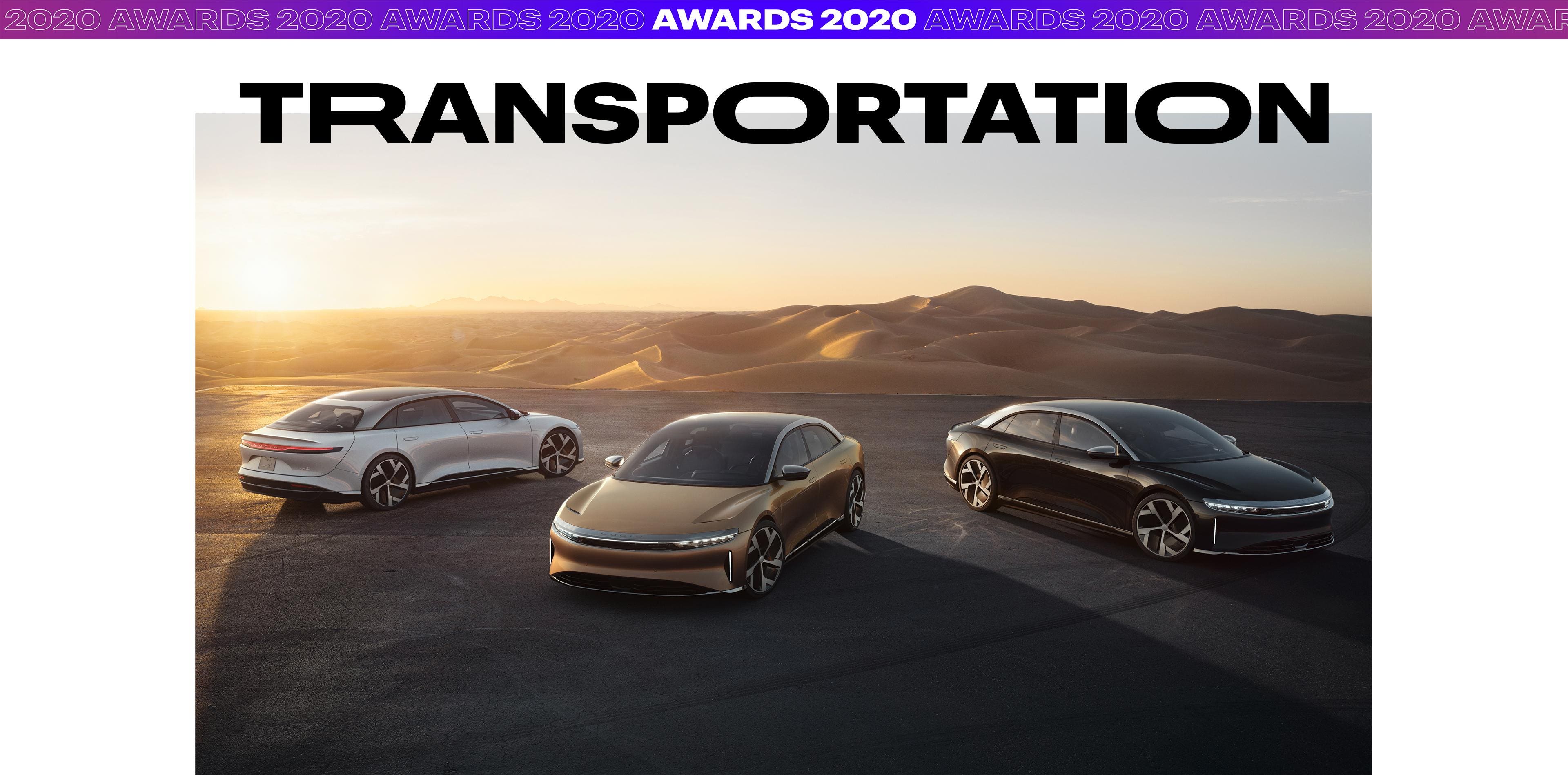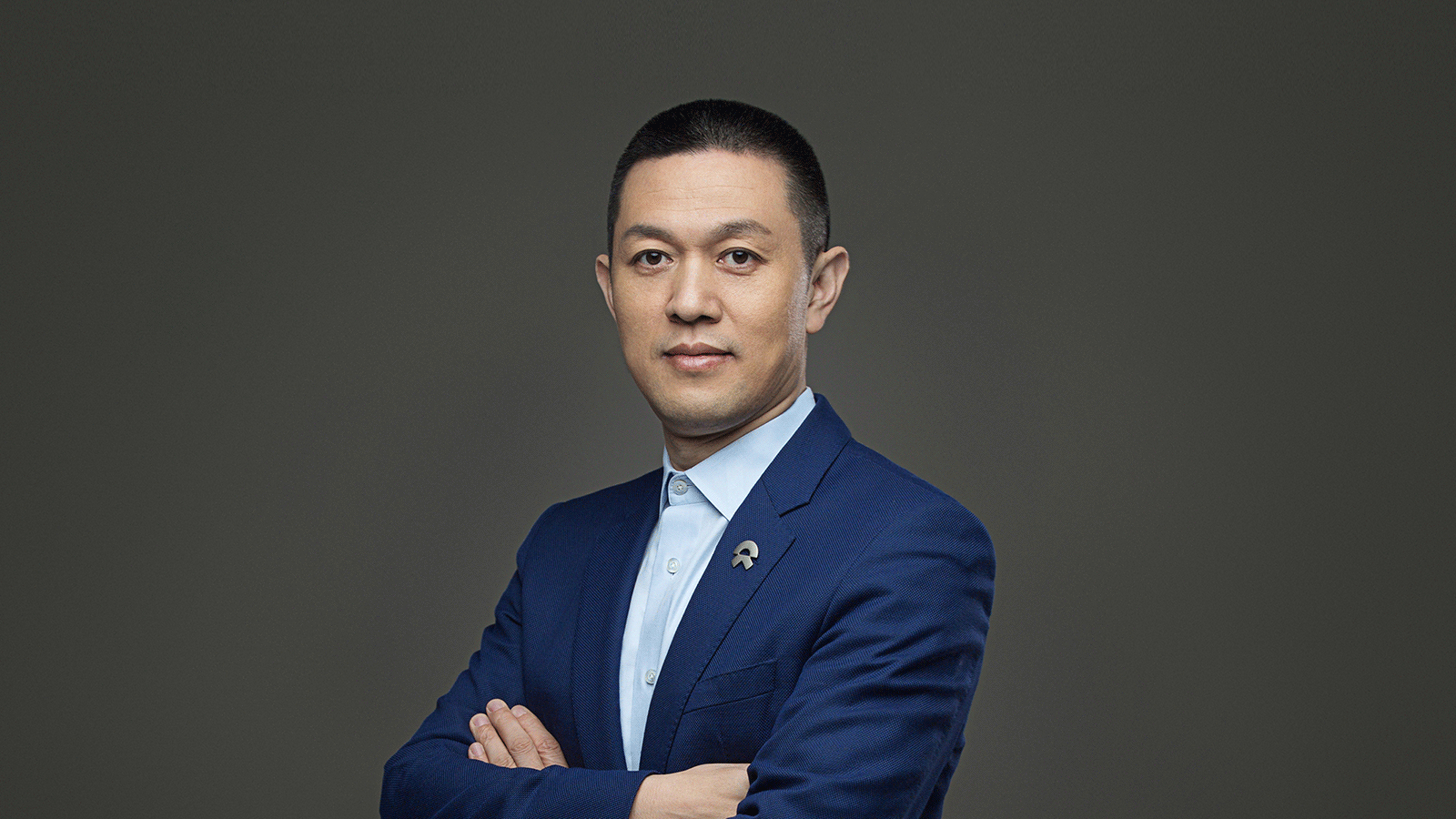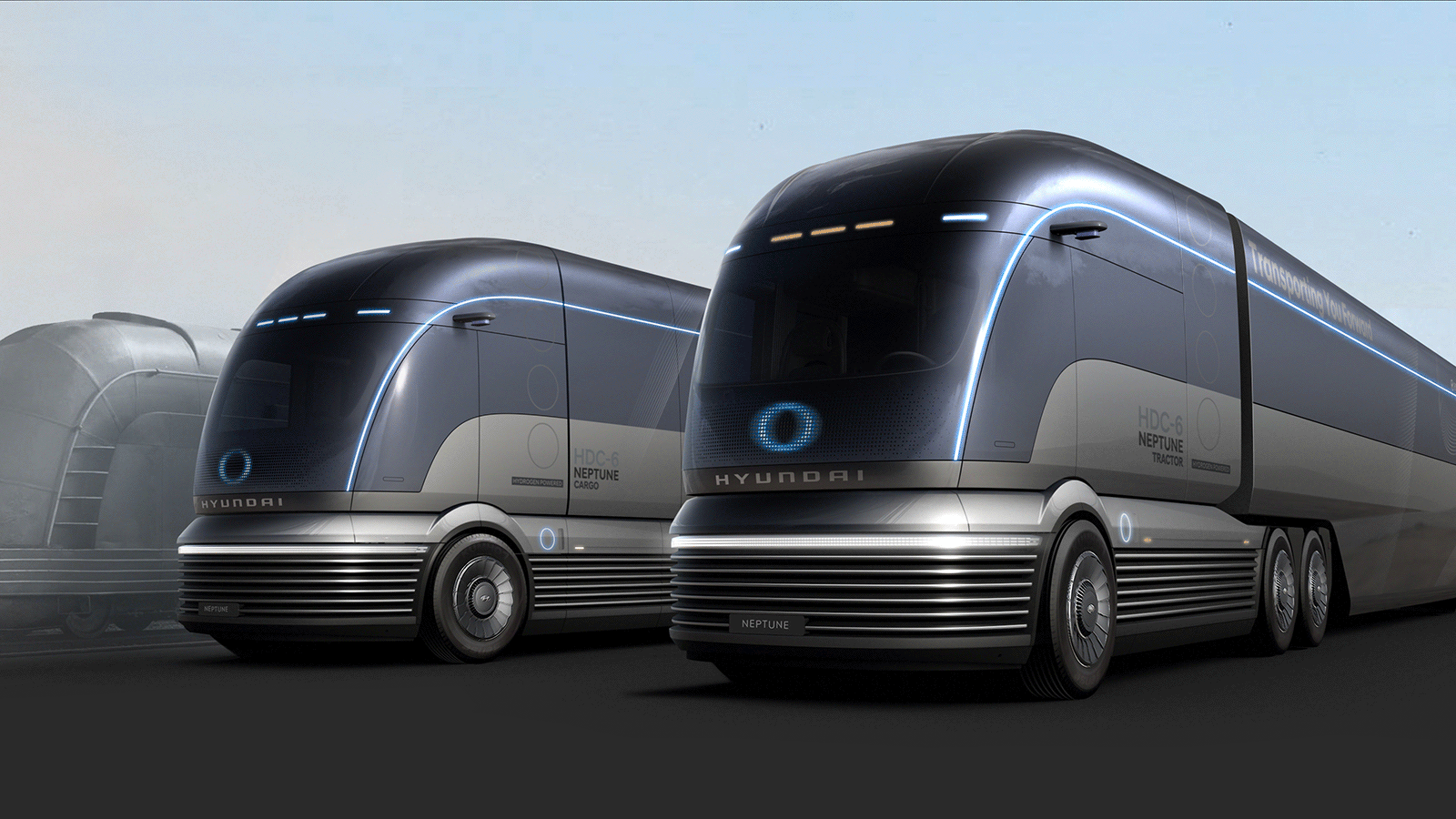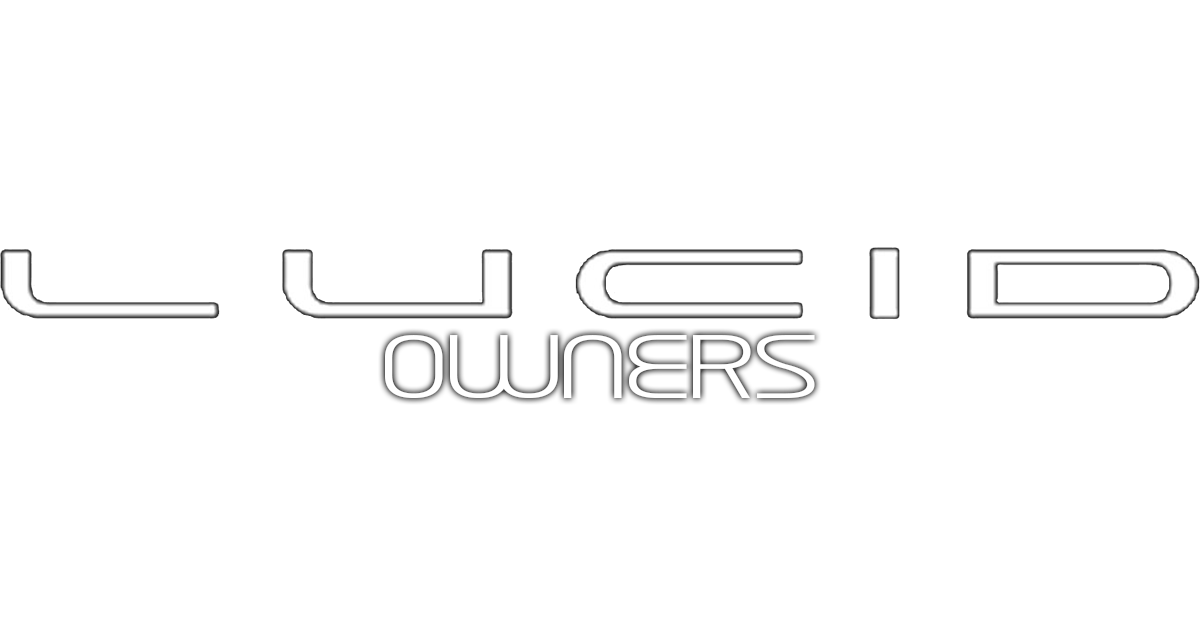
Best Product: Lucid Air
Arriving in 2021, the Lucid Air, an elegant battery-powered sedan from Newark, California-based Lucid Motors, promises to be the first true competitor to Elon Musk’s electric vehicle empire. Developed by Peter Rawlinson, the ex-Tesla chief engineer who was instrumental in creating that company’s breakthrough Model S, Lucid’s $77,000 luxury car may outperform Tesla’s best in range, power and amenities.
Most Intriguing Newcomer: William Li, founder and CEO of NIO
Chinese entrepreneur William Li made a fortune with an online car-selling website. Now, NIO, his Shanghai-based electric vehicle startup, is making steady sales gains in China for its battery-powered crossovers and cars. NIO’s continued success in that market could undermine Tesla’s Middle Kingdom aspirations and elevate the Musk-admiring Li into a major rival. NIO’s shares, which are traded in the U.S., are up 1,000% since the start of 2020.

Denis Sverdlov, who made a fortune in Russia’s telecom industry, wants to overhaul vehicle production by using small, inexpensive “microfactories” that can be built in a matter of months for about $50 million, rather than sinking years and billions of dollars into vast auto plants. Arrival, his London-based electric truck and bus startup, opens the first two in 2021 in England and South Carolina.
Outstanding Firm: Hyundai MotorKorean automaker Hyundai Motor, along with its affiliate Kia, invested aggressively in advanced transportation throughout 2020. Led by new chairman Eisun Chung, the industrial powerhouse made big bets on hydrogen, battery-electric vehicles, self-driving tech, cutting-edge air-taxi developers and startups like Arrival, and it even bought famed robot maker Boston Dynamics. It’s not clear how these all fit together, but Hyundai doesn’t want to be left out of the transportation revolution.

Trevor Milton became a billionaire when Nikola, his hydrogen truck startup, went public in 2020. He won major industrial partnerships for his Phoenix-based company, but his nonstop boasting and claims about Nikola’s technology were his undoing. A devastating report by an analyst with a short position in the company’s shares accused him of fraud and misleading investors, triggering SEC and Justice Department inquiries. He resigned within a week.
Forbes Forecast: The hydrogen age begins
While long derided by Elon Musk as an inefficient clean-energy choice, hydrogen is poised to make a big impact as a power source for heavy-duty vehicles and energy storage in 2021 and beyond. Improvements in fuel cells that turn the universe’s most abundant element into electricity—and more efficient ways to make hydrogen from water and renewable energy—have dozens of startups and giants like Hyundai, Toyota, Daimler and Cummins making big plans for electric vehicles that don’t just rely on lithium-ion batteries.
And drumroll, please …
The Forbes Person Of The Year In Transportation: Elon Musk
Love him or hate him, Tesla and SpaceX founder Elon Musk dominated transportation in 2020 in much the same way Donald Trump loomed over U.S. politics. Neither can stay out of the news cycle (or off social media) for long. But while Trump’s wealth slipped during the year, Musk’s skyrocketed to $143 billion, up 440% over just 12 months, as gains in Tesla’s surging share price and profitability unlocked a string of massive stock awards.
Our inaugural Forbes Transportation Awards were determined in consultation with Lux Capital partner Shahin Farshschi, who scrutinizes up-and-coming transportation tech players, and John Rossant, founder and CEO of CoMotion, whose annual conferences in Los Angeles and Miami spotlight the technologies and ideas powering the mobility revolution.
Source: https://www.forbes.com/sites/alanoh...e6A8RC13wMgF8qQRxIItCPVzz6r-M&sh=39280b4d32fb
